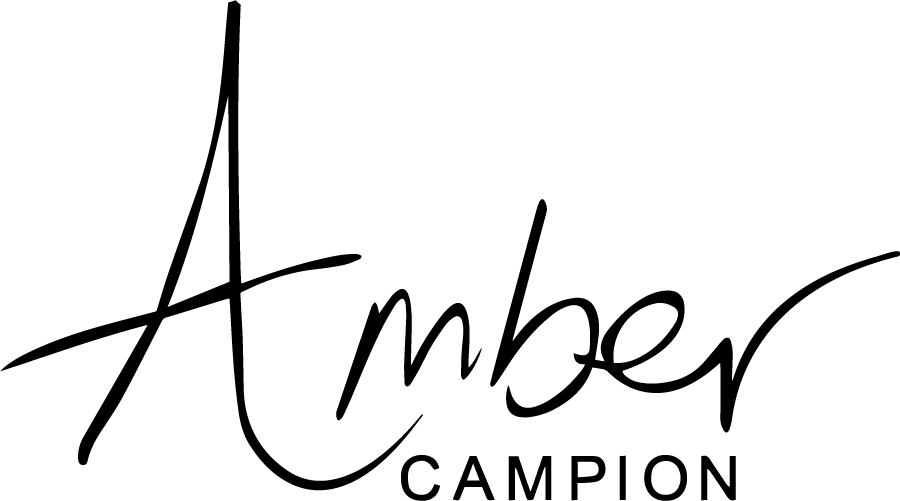Judging vs. Discerning (which are you doing)?
We’ve all been there…a situation occurs and we think we’re simply expressing our viewpoint and values, when really, the way in which we’re relating is full of harsh accusations, ‘shoulds’, blaming, finger-pointing ("I’m right, you’re wrong"/"I’m good, you’re bad"/"how dare she/he!"), and a lack of understanding (often stemming from a lack of communication leading to a reaction, rather than a response).
And I’ll say it again…WE’VE ALL BEEN THERE, so no judgment (pun intended). ;-)
The truth is, in the moment of disagreement, distinguishing between discernment and judgment can be a very tricky and fine line, which is why I want to open by saying, it’s ok to be messy and lack grace at times.
And while it can be nuanced, there are some clear markers that can help us navigate our actions so we don’t fall prey to judgment every time we don’t agree or understand another perspective.
Judgment (and criticism) is reacting from fear (often related to the behavior of others). On the deepest level, it stems from a longing for recognition, appreciation, and/or validation.
In judgment, our pain is about what others are doing/not doing/being/not being and it has been judged/criticized as ‘bad/wrong.’
It often has a lot of ‘story’ attached to it as well (so pay attention to that)!
And finally, judgment has a sort of, "this is the final answer" feeling, which closes us off to receptivity and the possibility of mutual understanding.
Discernment, on the other hand, is responding from love, rather than reacting, so we can make appropriate choices for ourselves, and for the good of others.
In discernment, we are aware that we can never completely know or claim that our perspective is the only truth. And while this is subtle (and challenging to our ego), it is very important as it might change how we relate to a situation.
There’s very little ‘story’ when we are coming from a stance of discernment, often just feelings of compassion and goodwill.
We often only get here once we’ve truly allowed for everyone to openly share, so we could be in a position to respond, rather than react. We can not be coming from discernment when we are operating from ‘black and white’ / ‘this or that’ assumptions.
Embodiment is an excellent tool for recognizing if we're coming from judgment or discernment. Focus on what you FEEL. If you feel heavy, distraught, angry - you may be approaching it with judgment. However, if you feel light (even if it’s a hard situation), curious, compassionate - you’re likely approaching it from discernment. And again, if you notice yourself creating a large and endless narrative around the situation, in which you are ‘right’ and the other is ‘wrong,’ you know you’re in judgment.
And finally, communication is everything! A few GREAT communication prompts you can use when in disagreement with others are:
Please let me know if I’m out of line/missing the mark, but I have a story in my head that…
When you… I feel….(not you make me feel or it makes me feel)
Let me sleep on it for a night and I’ll get back to you tomorrow / I need some time to reflect and process this. Can I get back to you tomorrow?
I’m wondering if… / How can we both feel empowered in this?
I hope this was insightful and you’ll find ways to weave this work into your world. The weaving is how we create beautiful things.
If you live in the Reno/Tahoe area and you’re looking for a supportive community to grow within (personally and/or professionally), then I highly encourage you join: Boundless: A 200-hour Yoga Teacher Training + Mindfulness-Based Leadership Program
NOT LOCAL TO ME?
For my 'devotees to depth' that do not live near me, you can join me for my virtual offerings!
To Bringing Our Full Selves, to the World…Together,
PS. I'd love to know what you discovered from reading this article...share below.


